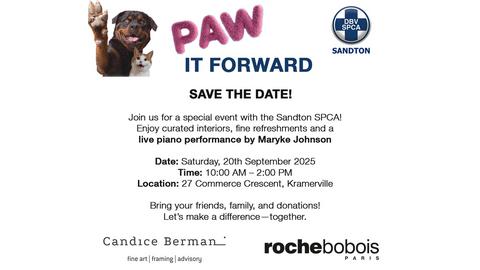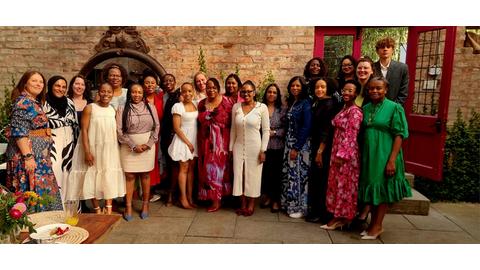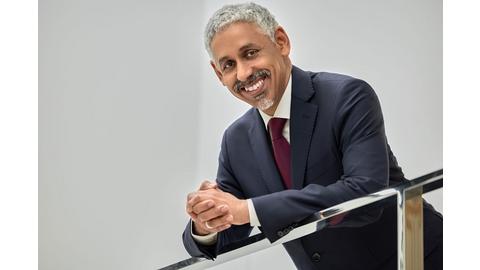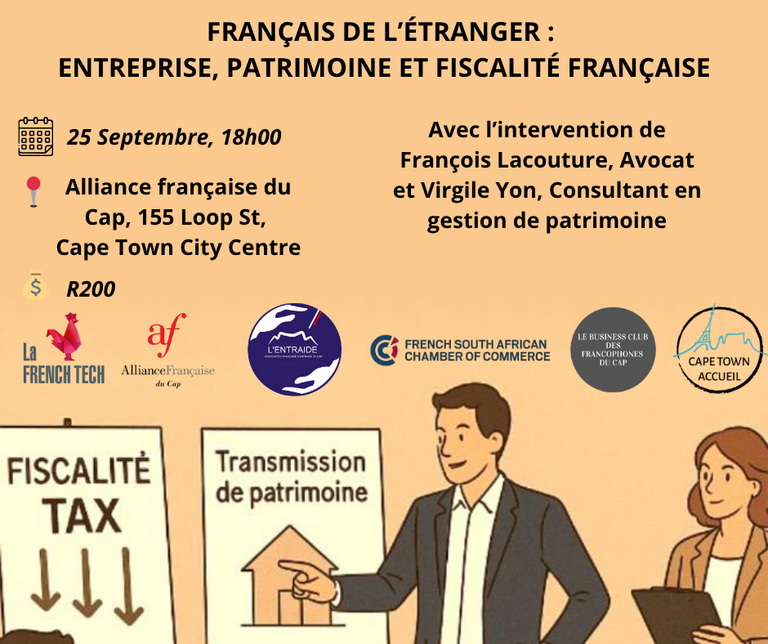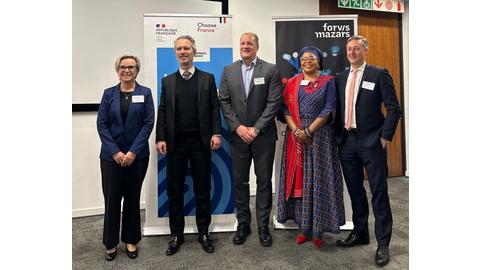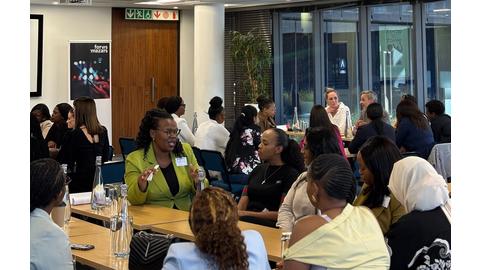Roche Bobois: Diversity by Design

At Roche Bobois, diversity is not a new program or a boardroom mandate. It’s embedded in the company’s operating DNA. With a presence in over 50 countries and more than 100 nationalities represented across its network, the global French furniture brand has built its business on multicultural, multi-market thinking.
Sandrine Fanchette, co-owner of the brand’s operations in South Africa and Mauritius, explains that diversity has always come naturally for her.
“For us, it’s a bit particular because we are a global company based in 54 countries. Diversity is part of our DNA,” she says. “It’s not something where we have a big plan — it’s something we create on a daily basis when we employ employees. We don’t select people on certain criteria, but we always go for the best one.”
Sandrine describes Roche Bobois’ diversity as a lived reality rather than a corporate project. Her own multicultural background, together with that of her Mauritian husband Bernard, shapes how the business operates.
“My husband is coming from Mauritius. I’m French. We used to be expatriates five different countries, from Madagascar/Indonesia/South Africa to Mauritius to the USA,” she says. “So, it’s something natural for us and something we try to teach all our employees.”
This means hiring decisions, management structures, and customer engagement approaches all reflect the varied cultural backgrounds of staff and clients.
“Most of the time we are taking the best candidate when we recruit, and we like to have support from our managers. Every showroom we have is managed by people who are very different,” she adds.
The practical business case for diversity at Roche Bobois lies in its customer base. In South Africa, Sandrine says, “My customers come from all over Africa. It’s very important everybody can talk with any customer, any level of luxury customer.” This demand for cultural understanding extends to working with the company’s suppliers and design teams in France, Italy, Portugal, UK and elsewhere.
By aligning team diversity with customer diversity, the company strengthens its ability to serve an international, multilingual, and culturally varied clientele, a necessity in a brand segment that caters to high-end, often global, customers.
Where some companies struggle to introduce diversity initiatives, Sandrine sees only opportunities.
“For me, and I think maybe I’m a bad example, I only see opportunities to have diversified people,” she says. “It’s very important to have people which are not always coming from your same background or studying the same. If you always have the same kind of people, you only have one type of idea. And for me, it’s not working.”
Diverse teams, she explains, produce more varied ideas, better decision-making, and create room for healthy debates in leadership settings. “Sometimes we have to take strong decisions and if everybody’s agreeing on the same level, I don’t think we manage to improve performance. It’s important to have a mix of relevant backgrounds and different countries to grow,” Fanchette adds.
Despite being part of a global brand, Roche Bobois’ South African operation is relatively small, with less than 40 employees. Fanchette believes this makes managing and monitoring diversity simpler but no less important.
“We have less 40 employees, so it’s easier to monitor,” she says. “And in each of our showrooms, we’ve implemented a new system where we have co-managers and most of them are quite diversified too. When they need to recruit new employees, they work together, which allows everybody to have all the perspectives they can.”
This collaborative recruitment approach ensures that different views and preferences influence hiring decisions, further strengthening the company’s multicultural ethos.
Fanchette points to the direct link between diversity and innovation within Roche Bobois. The company operates in the high-end, luxury retail space, a segment known for its discerning, international clientele with wide-ranging tastes and expectations.
“Our customer base is very diversified also in many religions, nationalities, and backgrounds, even though they’re all very luxury. But on the luxury segment, you have plenty of people,” she says.
This means that the company’s staff must also represent this diversity to successfully navigate customer interactions, understand cultural nuances, and contribute to design and marketing choices that resonate with varied markets.
When asked what advice she would offer to other companies working to introduce diversity in their businesses, Fanchette acknowledges the challenges for companies starting late.
“I think first, it’s easy when you do it from the beginning. When you create a company like us, it’s not something you have to make a plan for, it comes naturally,” she explains. “But I know a lot of companies, not only in South Africa, by the way, it’s worldwide, it wasn’t something created at the beginning. So, when they have to enforce some policies, it’s maybe more complicated at a certain level.”
She recommends starting with leadership and management development. “They need to train first their managers and human resources department to be open. I know some very big companies are doing quotas and things like that. But for me, it’s a weird concept. I think it should be adapted to every single trade, because everybody is different. It’s difficult to have one line for different companies.”
Roche Bobois’ approach to diversity is rooted in authenticity, leadership by example, and alignment with its business environment. In South Africa, as elsewhere, the company’s diverse workforce enhances customer connections, strengthens decision-making, and improves agility in a competitive, fast-changing market. For Sandrine Fanchette, DEI is not a trend or campaign but a daily business practice that grows naturally when people are valued for their character, capability, and perspective.


